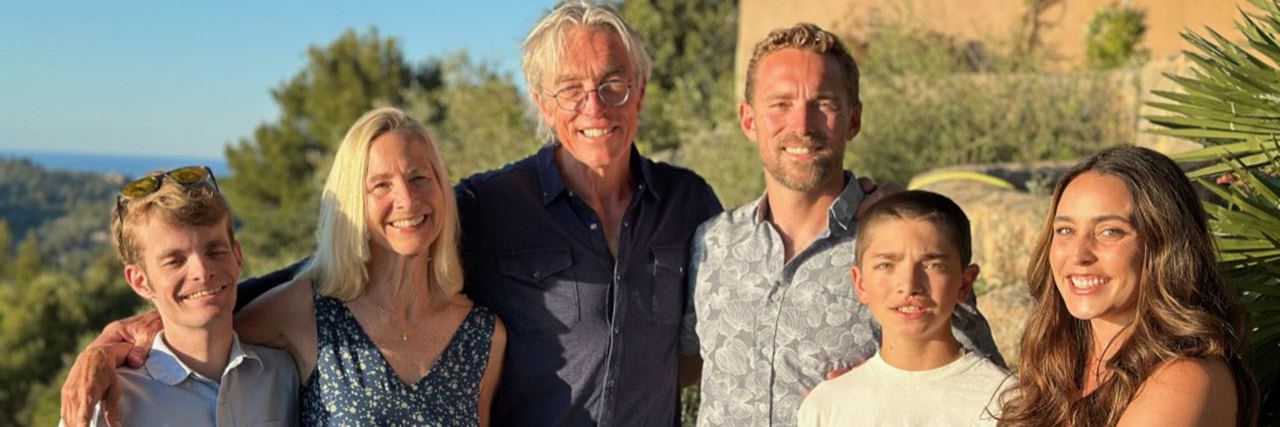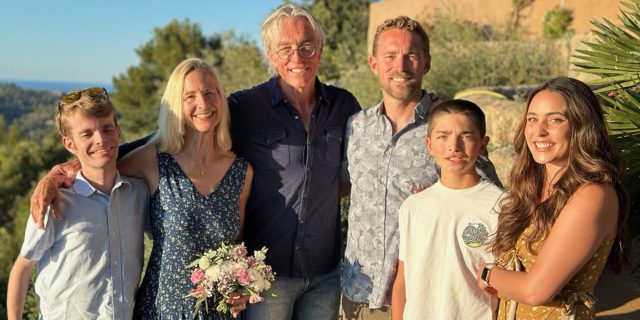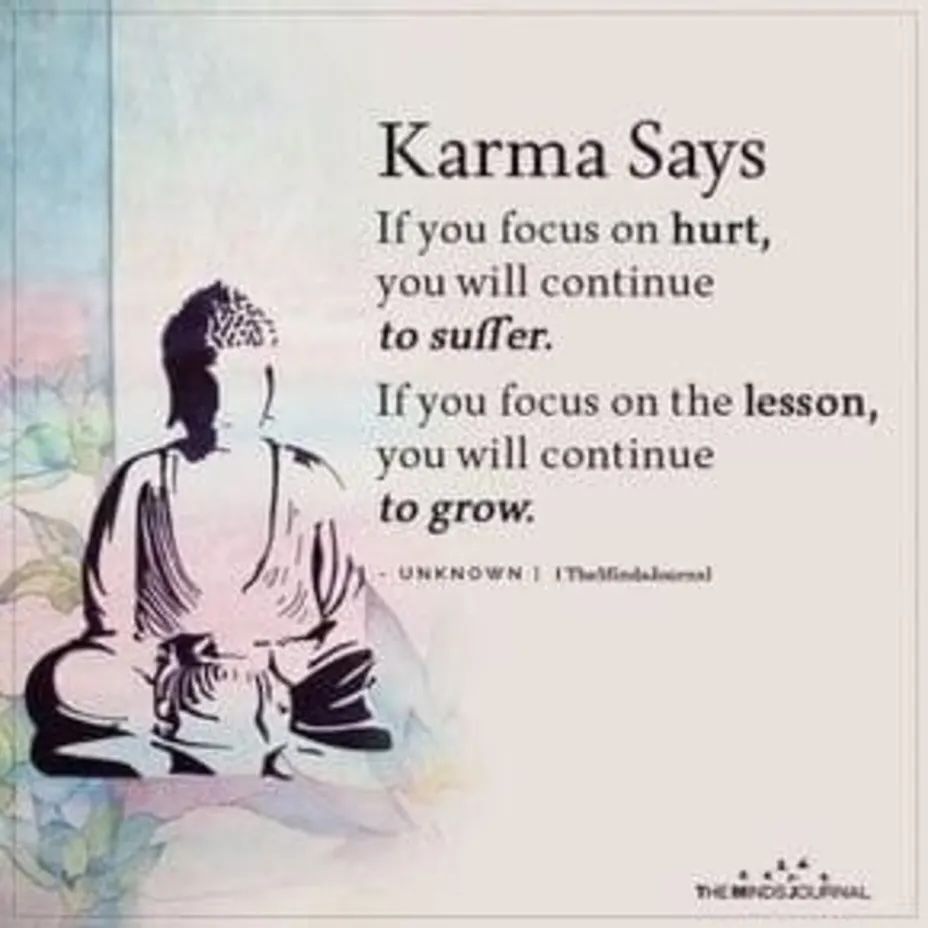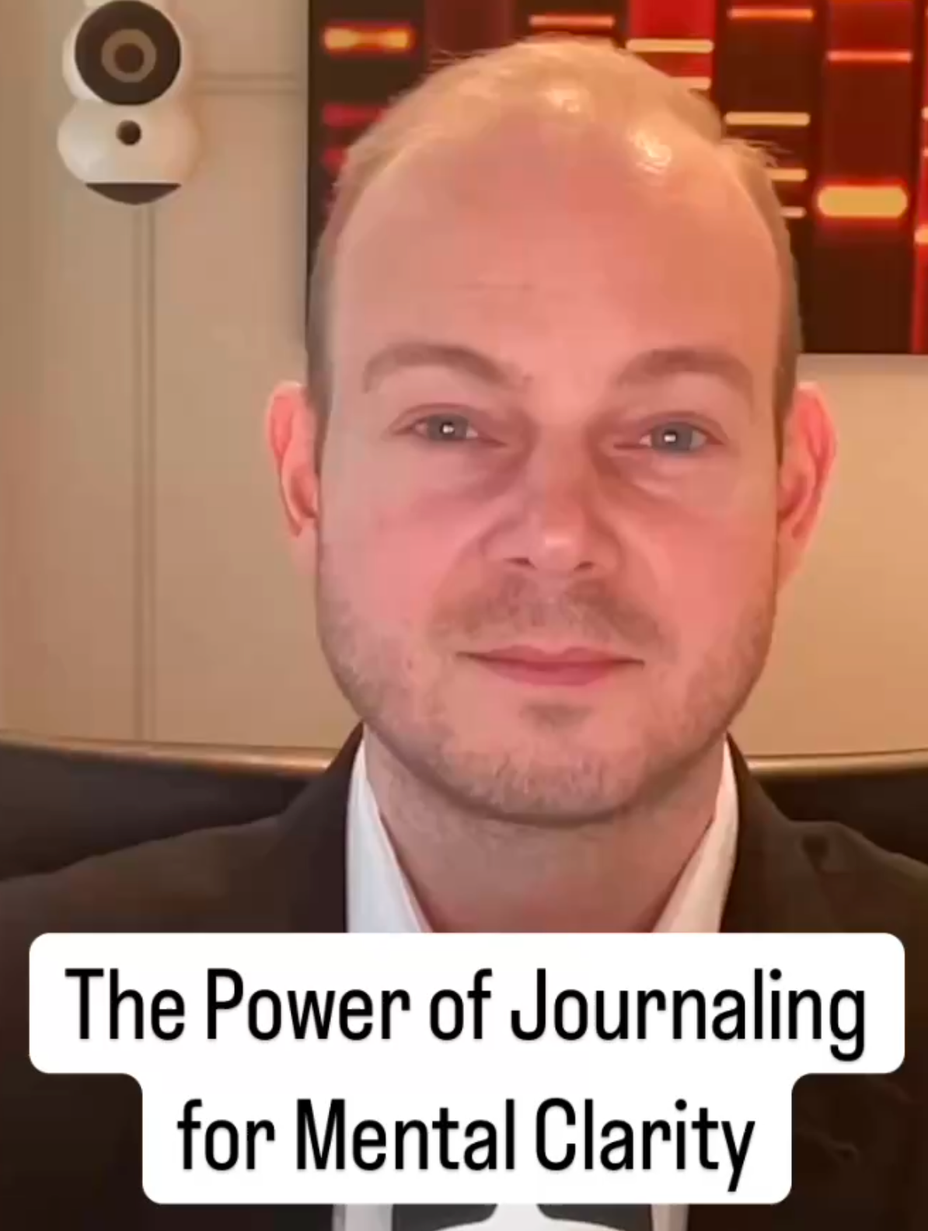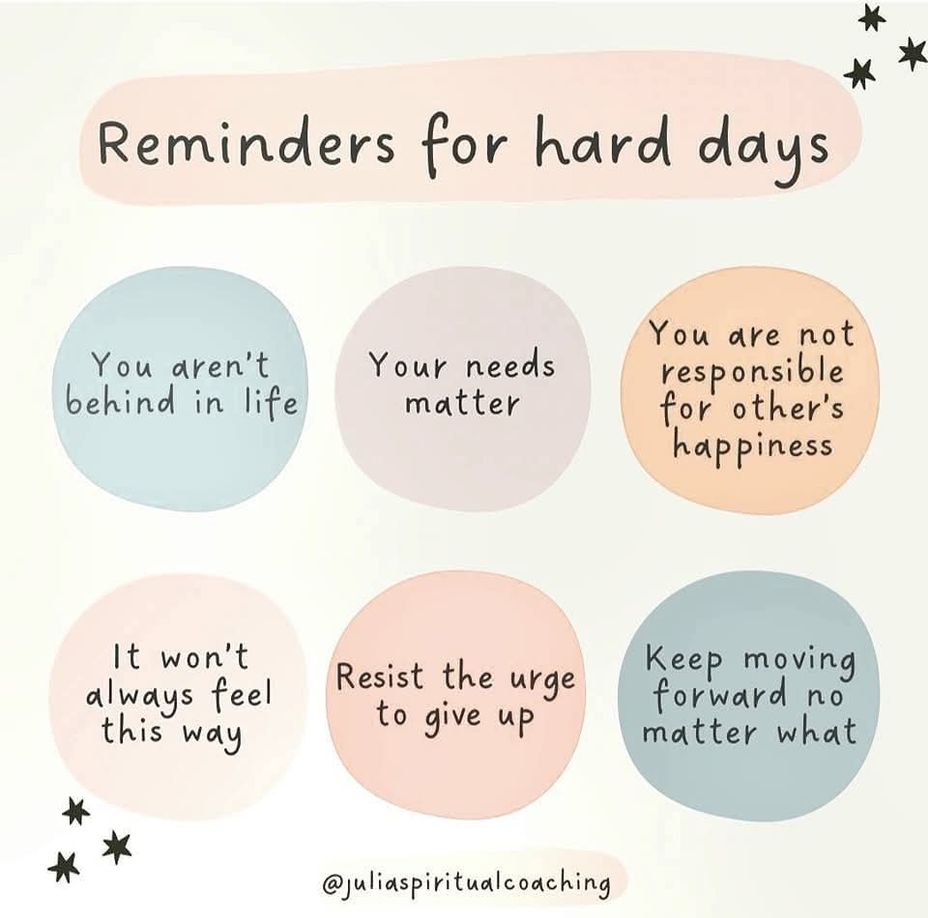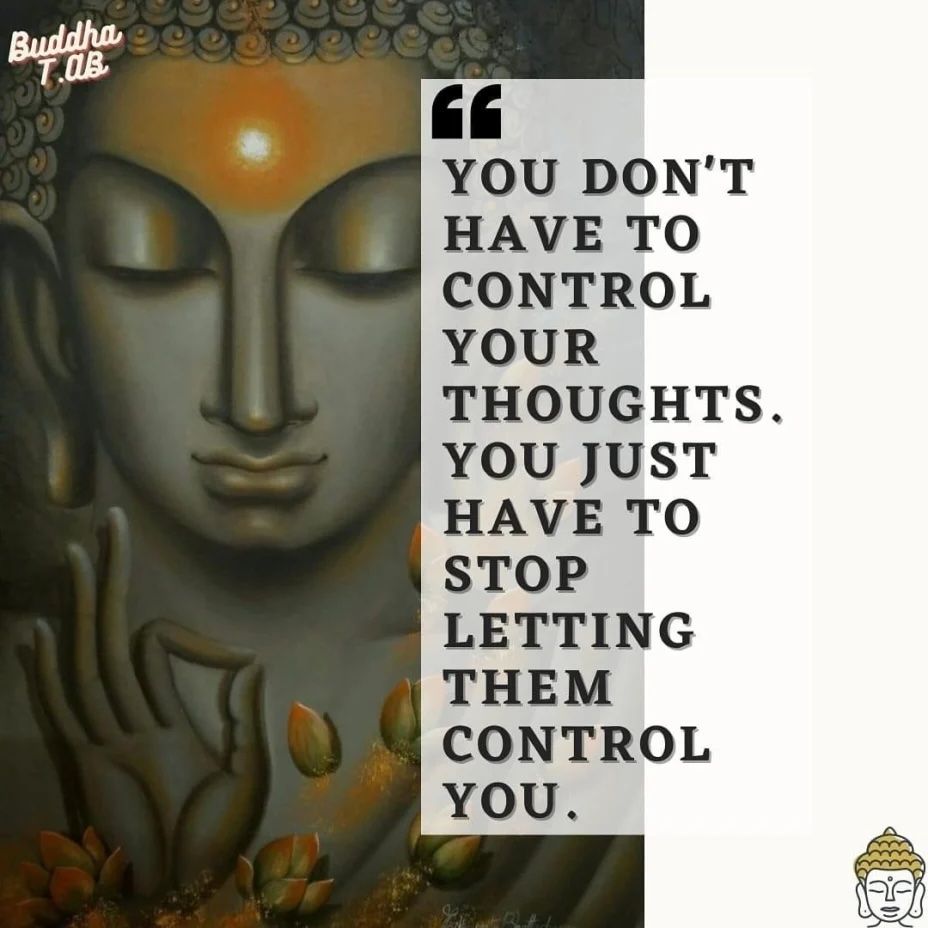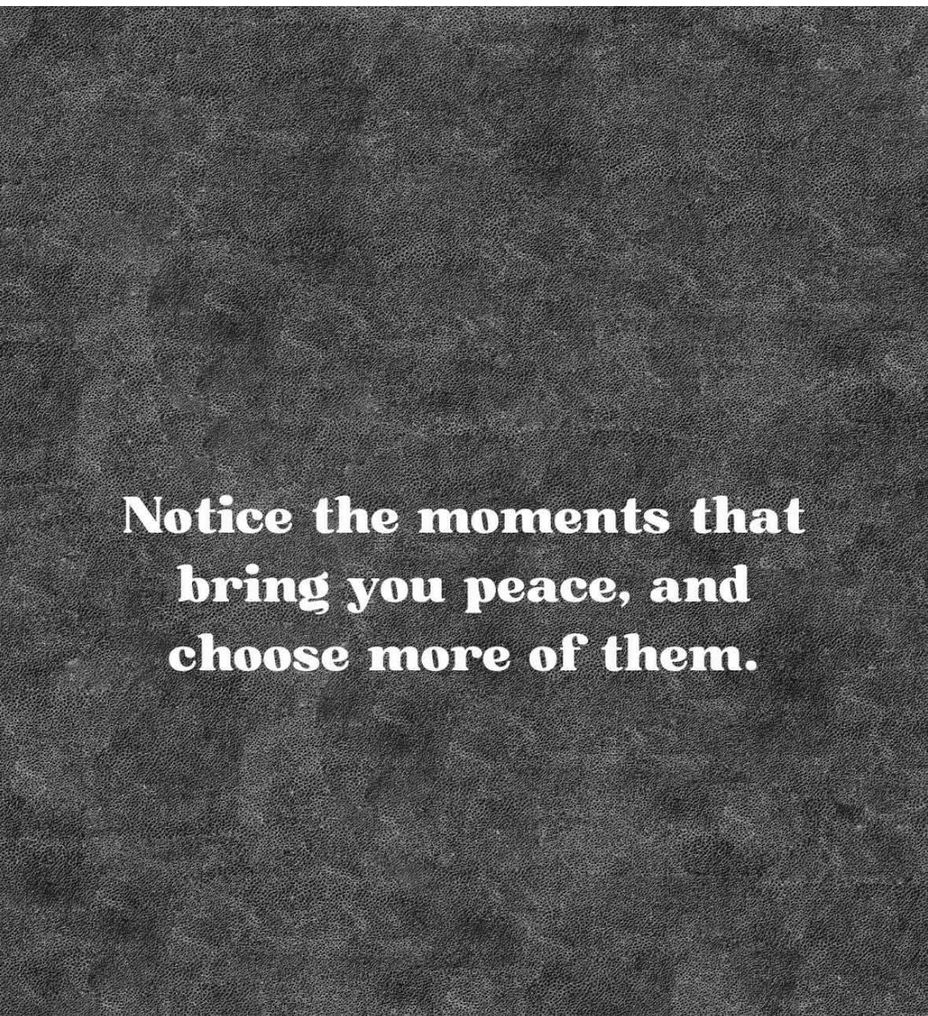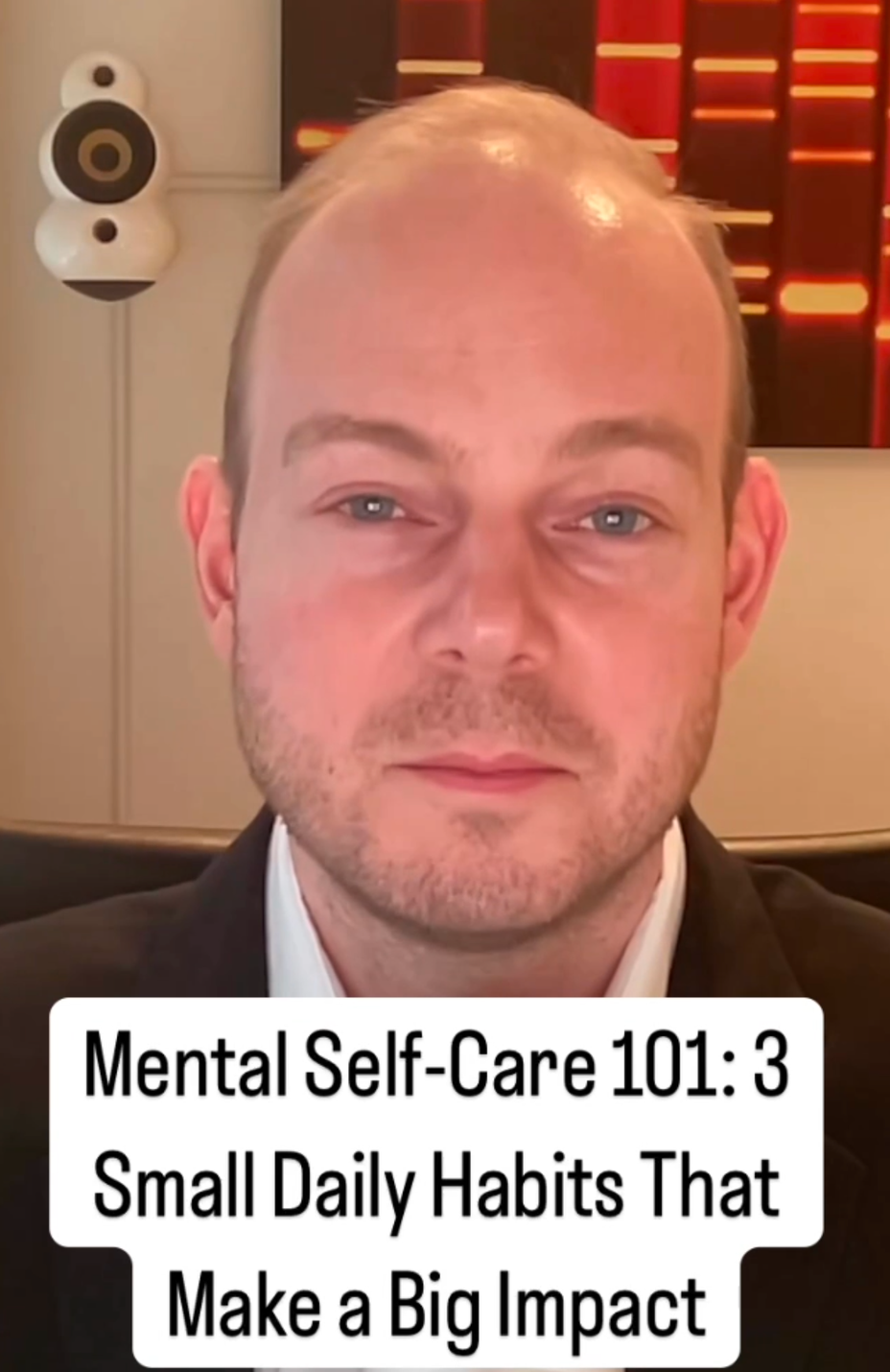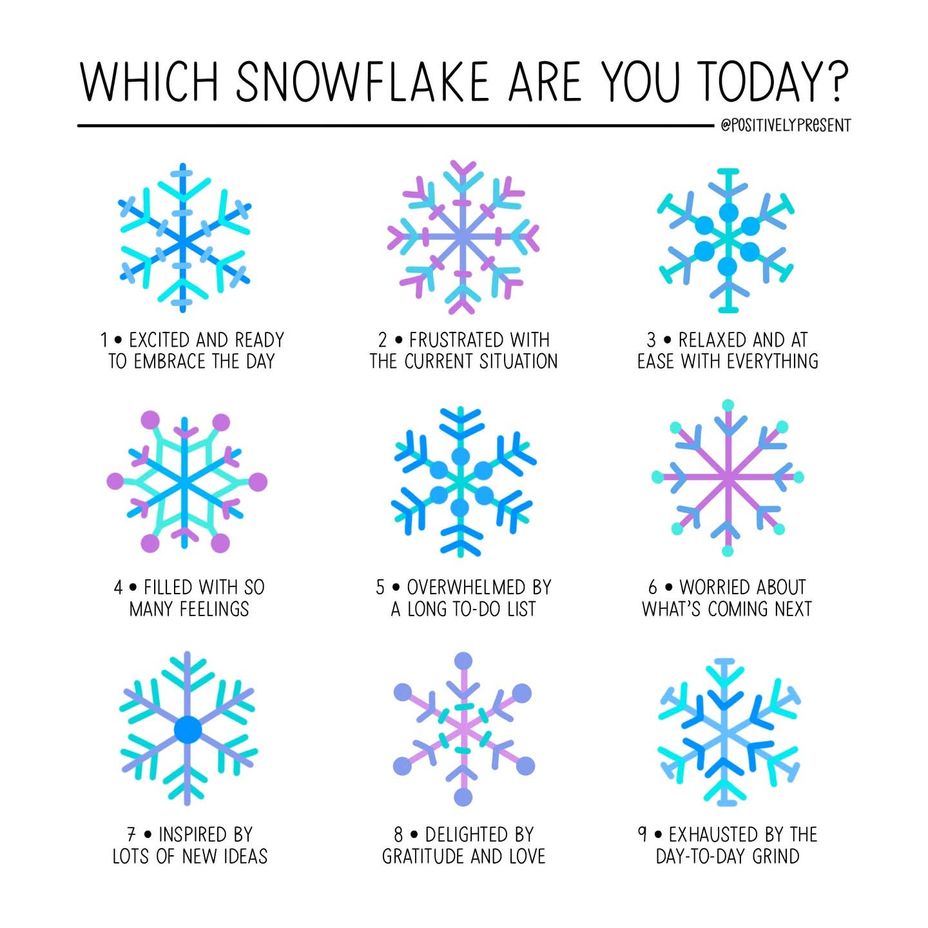Where attention goes, life follows.
Suffering often continues because the mind keeps returning to the pain itself instead of what can be learned from it. This does not mean minimizing what hurt or pretending it did not matter. It means choosing to extract meaning instead of staying stuck in replay. When you focus on the lesson, you reclaim some power and give your experience a direction instead of letting it define you. Growth does not erase pain, but it prevents pain from being the end of the story. What lesson do you feel ready to take from something that hurt you?
Also, if you're going through a tough time right now, I want you to know that I post daily mental health videos about how to deal with painful thoughts. So if you or anyone you know is struggling and wants help, click on one of the links below or write me if you have any questions you want me to answer
www.instagram.com/thomas_of_copenhagen
www.tiktok.com/@thomas_of_copenhagen
~ Thanks to all. Thanks for all. ~
#MentalHealth #MentalHealth #Depression #Anxiety #BipolarDisorder #BorderlinePersonalityDisorder #Addiction #dissociativedisorders #ObsessiveCompulsiveDisorder #ADHD #Fibromyalgia #EhlersDanlosSyndrome #PTSD #Cancer #RareDisease #Disability #Autism #Diabetes #EatingDisorders #ChronicIllness #ChronicPain #RheumatoidArthritis #Suicide #MightyTogether
